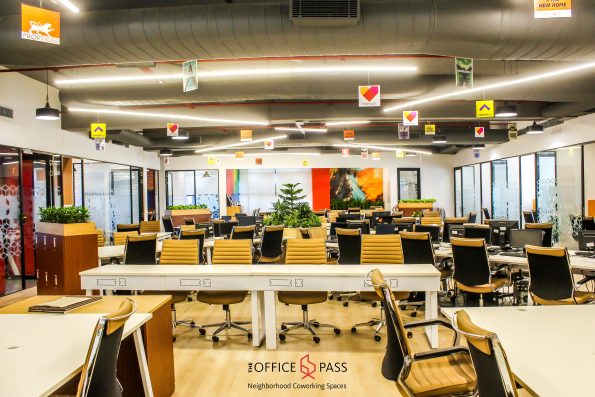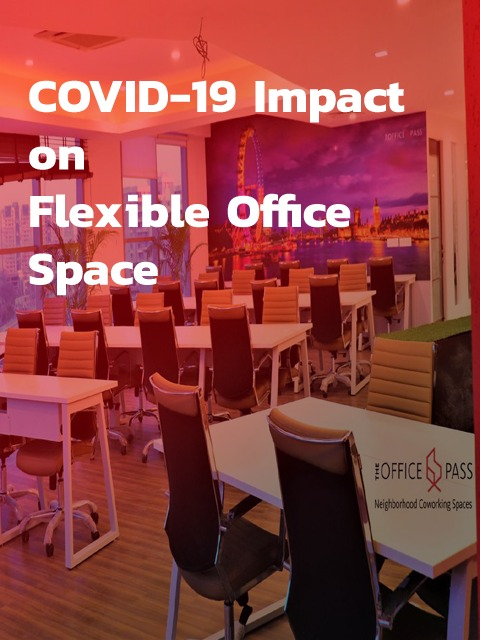The recent pandemic Covid-19 has pushed the world into uncertainty; the flexible office space industry is no exception. The debate about the impact of the pandemic on the industry is stuck at a juncture. It has two sides of a coin reading different stories. Let’s look at both sides of the coin before understanding the impact.

Positive side
With the major industries across the world shut down, the main focus of business owners would be to reduce operational costs as soon as they reopen. Laying off employees or cutting down the office space, which is a better option? Major business owners leap over the second option to keep their steady in spite of reducing the cost. The industry has seen exceptional growth past 10 years, and it will continue to allow business owners to take a few new and effective measures. All mid-sized companies who are looking to expand their business post-pandemic will have no option rather than coworking spaces in Delhi NCR because it is the most effective way to run the business at reduced operational costs without impacting productivity.
Negative side
On the negative side, the industry is suffering huge losses with their current working models. As many coworking spaces in Delhi ncr are working on a monthly basis, weak or failed businesses tend to close their offices instead rather running them. Many current offices are dropping off, and the industry is running into a colossal crisis. The industry is suffering short term pain but is running towards long-term gain. The survival of the coworking industry during pandemic times depends on various factors like the liquidity of the company, support from the government, duration of the lock-down, and support from the landlords. For the companies that can survive, rewards could be great.
Call for changes
The pandemic effect is sure to continue for a while, and most coworking space is to turn the plug and play offices offering great flexibility to the people who want to work remotely yet willing to work in the office like environment. Coworking spaces have to rush to meet the current demands of the people. These options will rule out the need for long term fixed costs and will turn a welcome opportunity for many.
The industry may have to change office configurations to ensure the safety of the employees who plug and play at flexible office spaces to assist their big companies remotely. If you have two companies sharing the coworking space, you may have to work on fixing rotation schedules for employees, ensuring the workplace’s safety. The workspaces have to be cleaned and sanitized at each work schedule, assuring the safety of the employees who log in at the workspace. The employee who hires the workstations should be requested to work on rotational shifts to ensure social distancing is implemented in the office, and it is never overcrowded.
Also Read: How COVID-19 Will Fuel the Next Wave of Innovation?
Pushing off nonessential services like snacks, events turn to be a useful measure. Limiting the capacity of the office can be the right measure to limit the impact of a pandemic.
Steady so far
The industry is said to undergo short term pain and long term gain. It is said to be steady so far. Irrespective of the impact of the pandemic, there are no noted defaults to date. Many flexible workspaces are all set open with some effective measures in place. The companies are turning flexible in terms of duration, making them a feasible option for the people who are looking for plug-and-play stations to work their big corporate offices working remotely.



